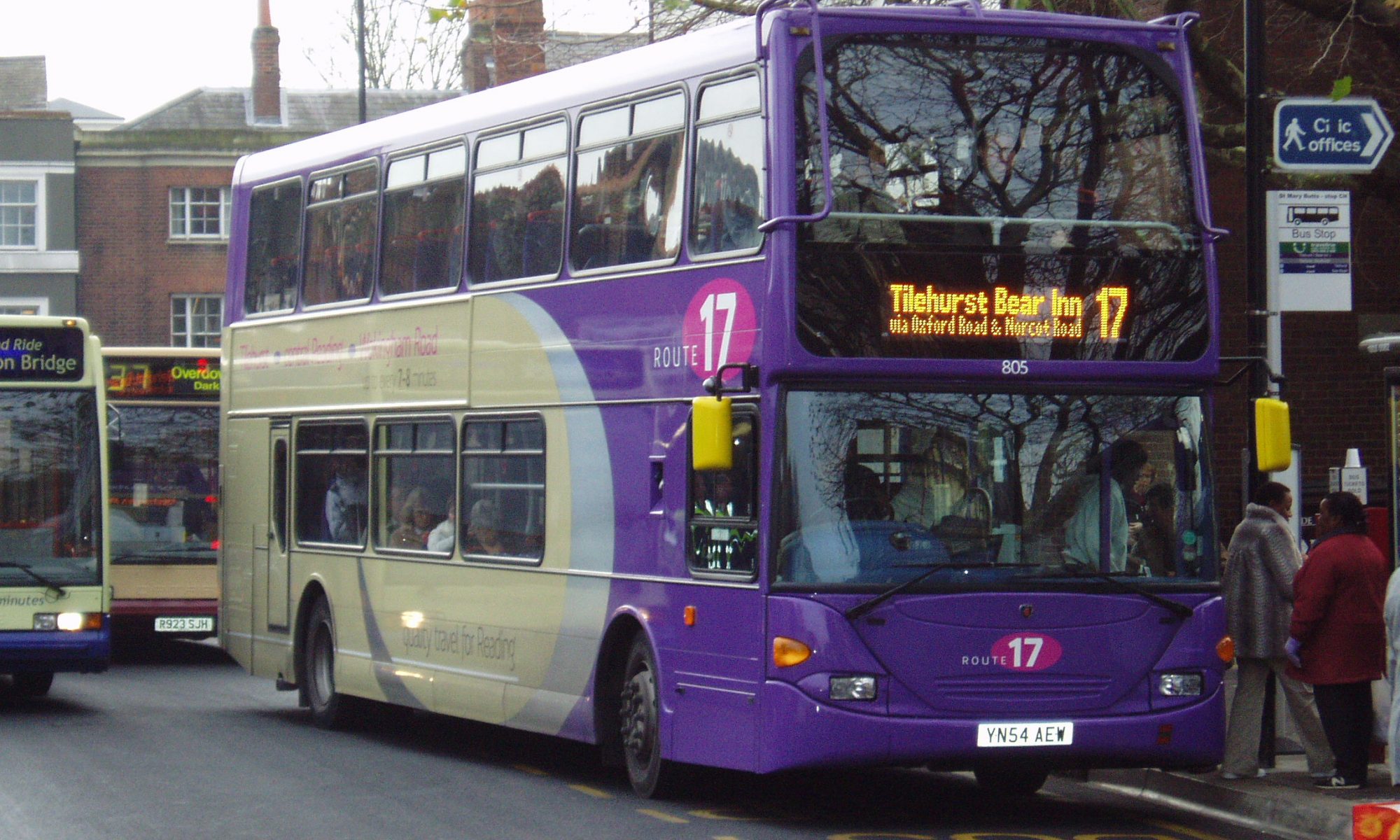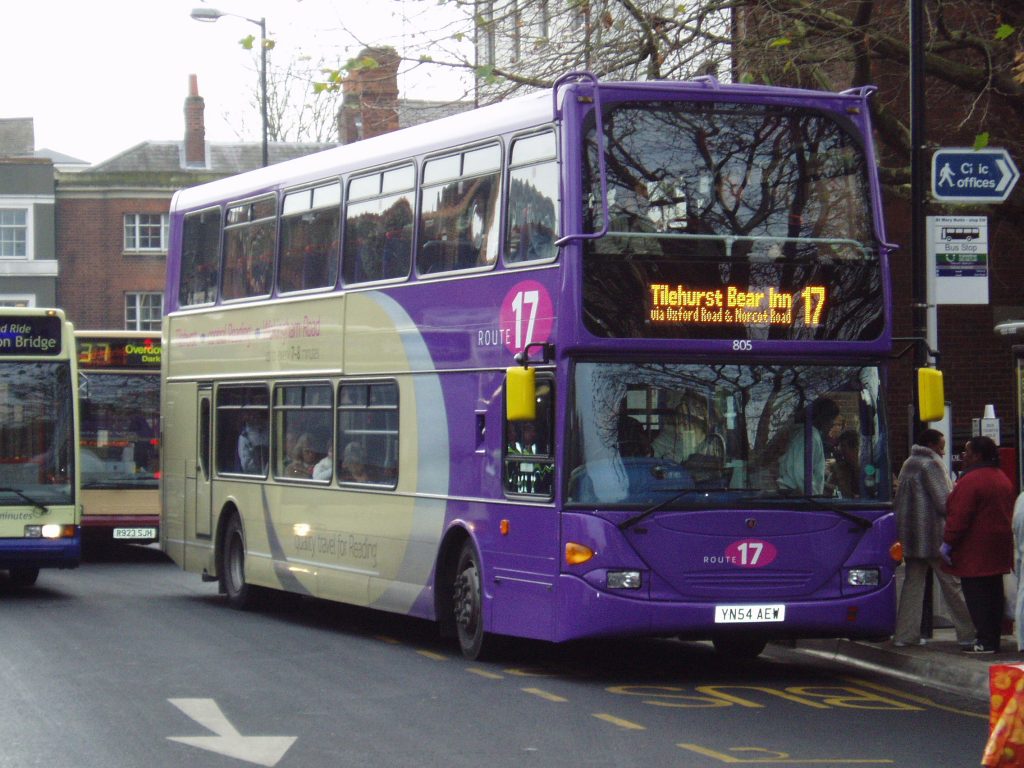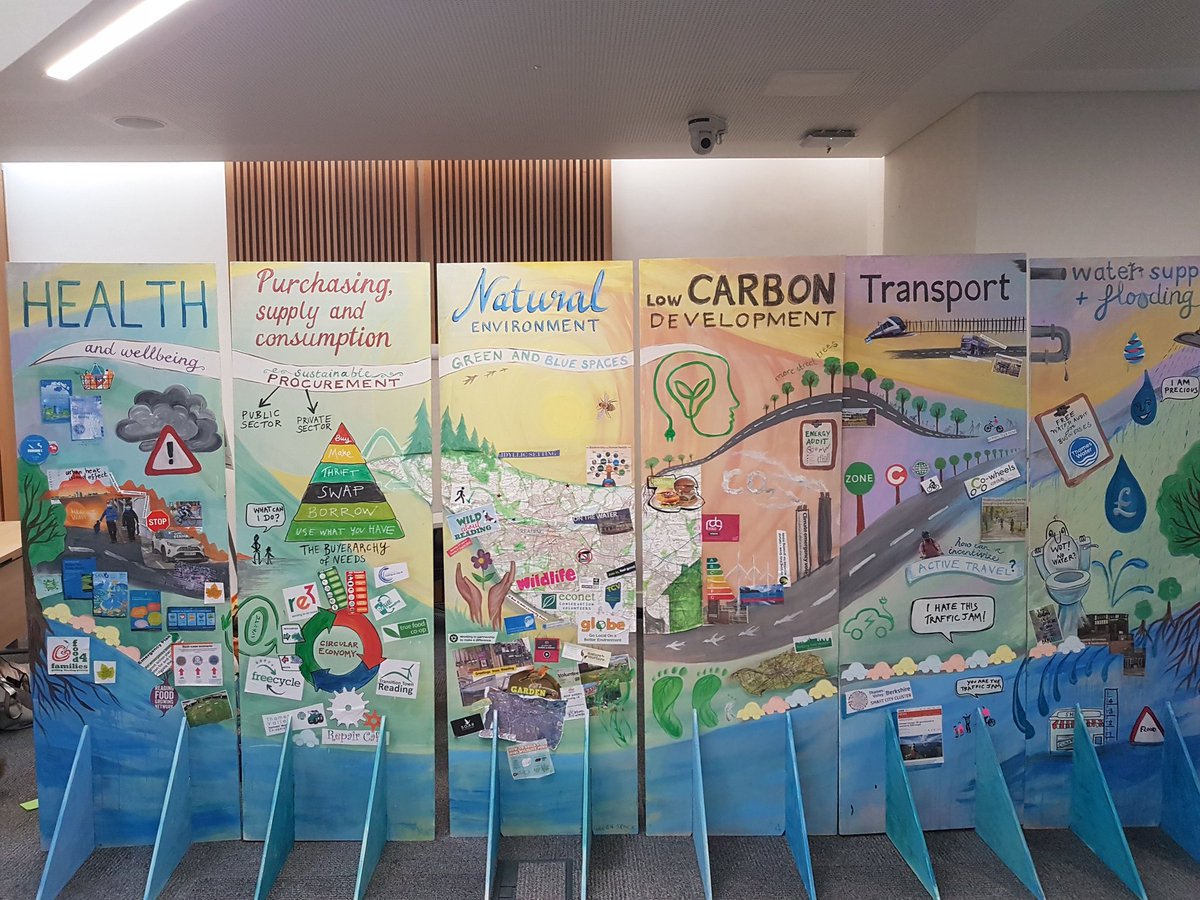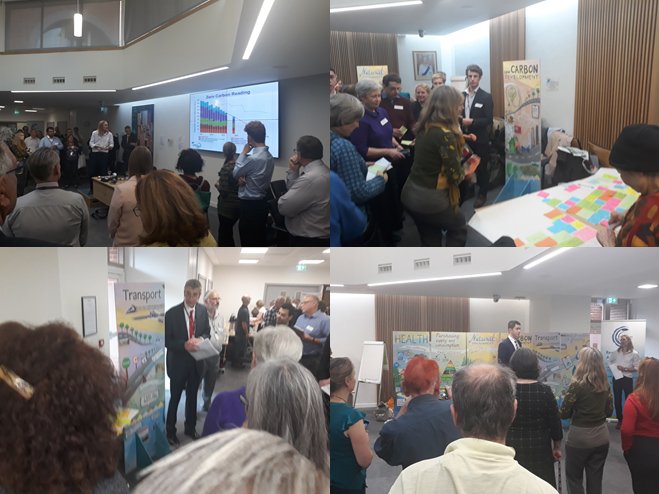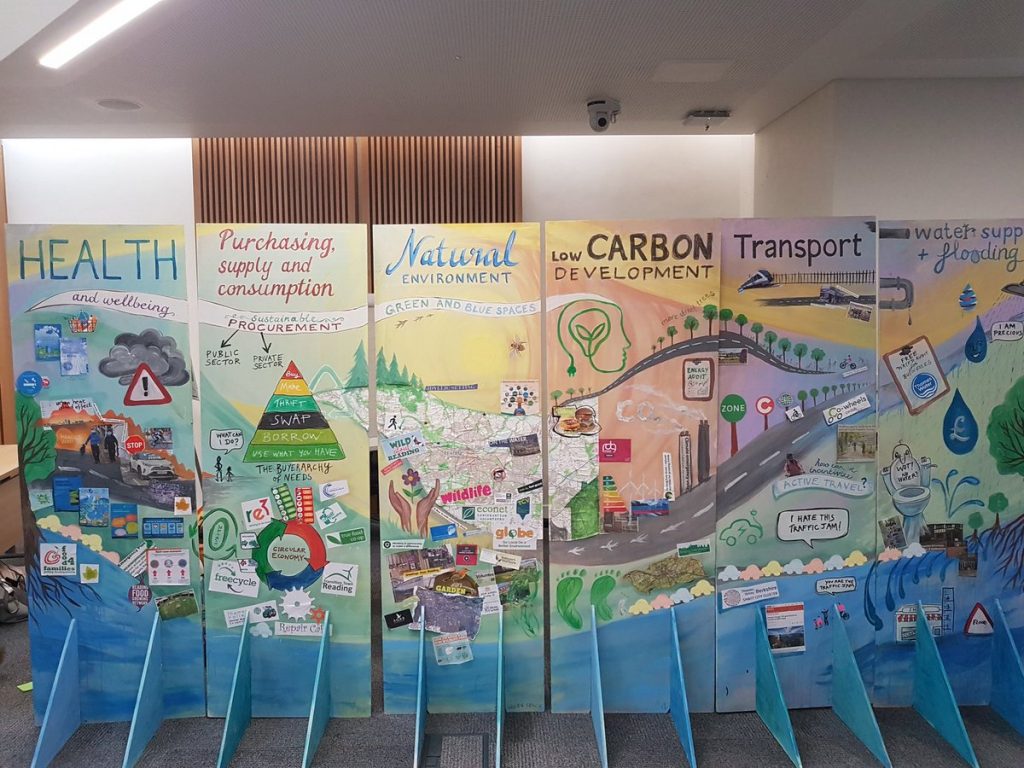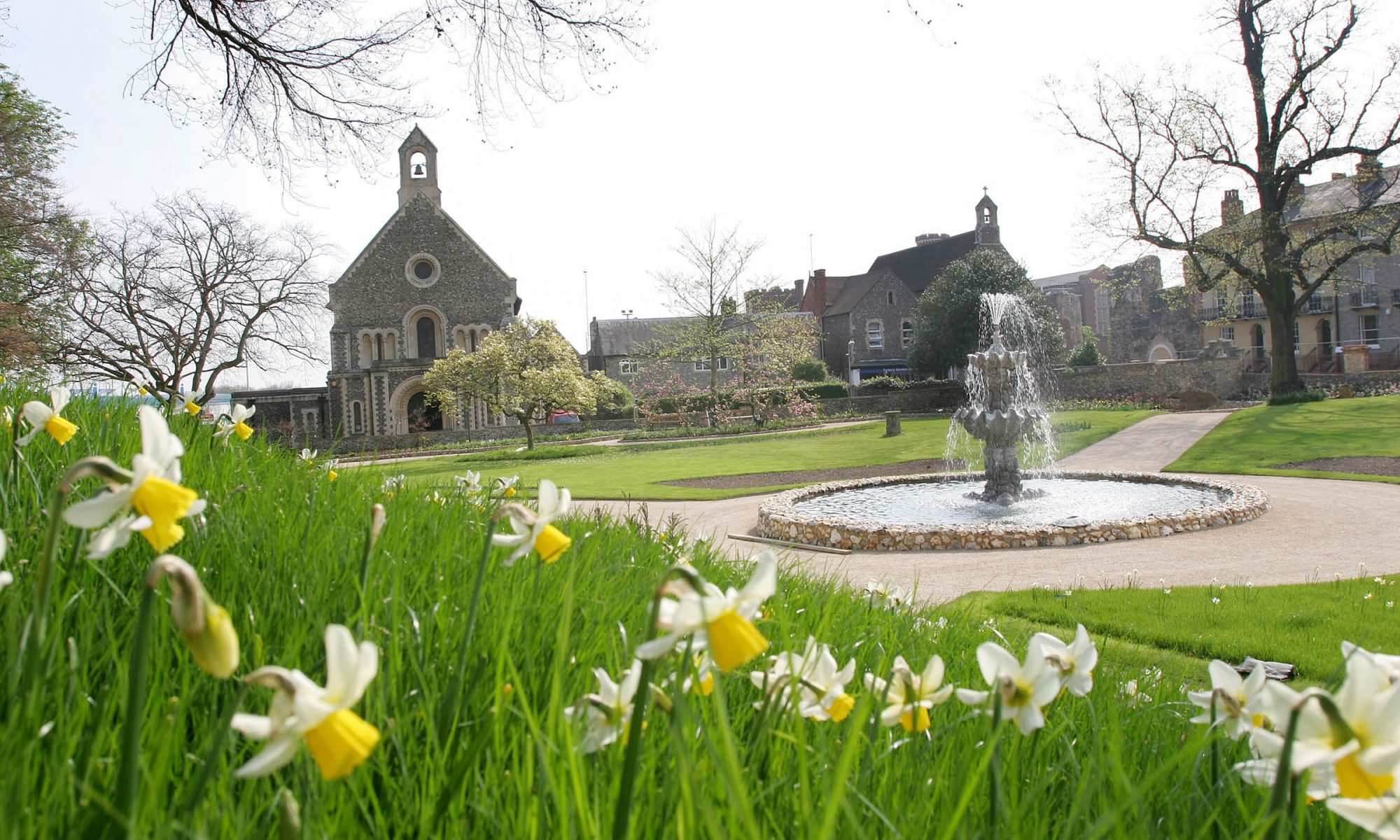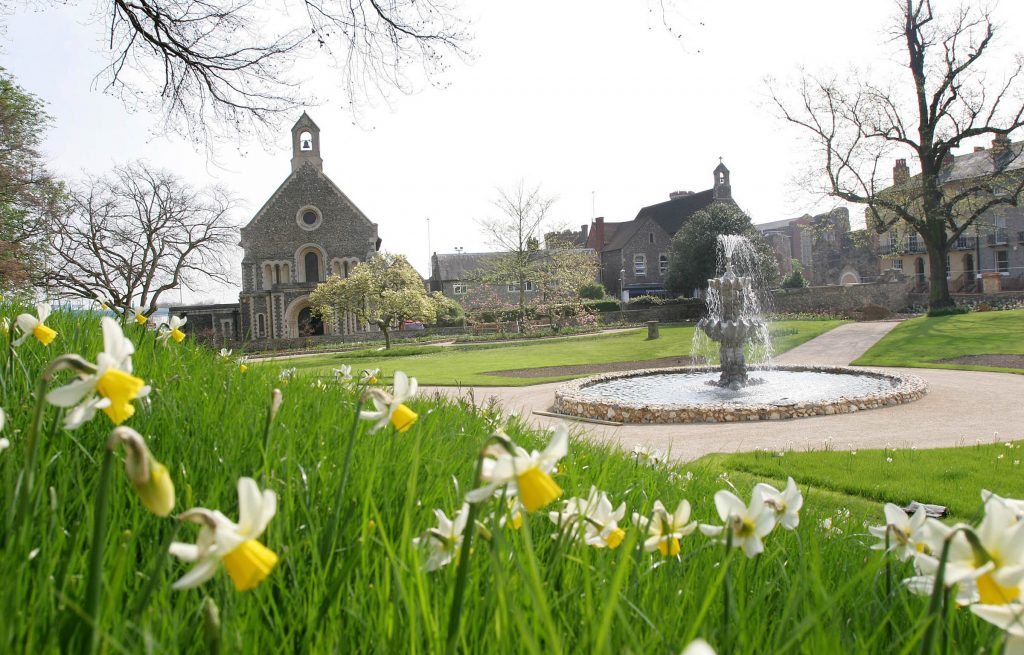The first draft of our food waste fermentation and composting advice is available and we’d love some feedback to nature@readingcan.org.uk whilst the graphically capable amongst us make it look pretty for the real thing. Does it help? What’s unclear?
Big Butterfly Count 17th July to 9th August
The early Spring meant the earliest average emergence of butterflies in the last 20 years. . Please spend just 15 minutes on a sunny day (don’t choose boiling hot at midday weather) to count butterflies in your garden or on your daily exercise route so that Butterfly Conservation can understand how the changing weather patterns affects populations.

You can download an app to identify and count butterflies on the move, or scribble in a notebook to enter the data later at the butterfly count website
Rewilding Reading
You ‘ve probably noticed that Reading Borough Council is leaving a number of grass verges and roundabouts to grow longer this year rather than having their normal 6-7 cuts a year. This is part of their commitment to the climate action plan and biodiversity action plan, but monitoring is needed to review the impact of these changes, both good and bad. You can help with this if you record your interesting sightings on their rewilding page (deer already seen on one), which is where to go to read more about this action and the location of rewilding sites.
Got a few moments to spare these strange days?
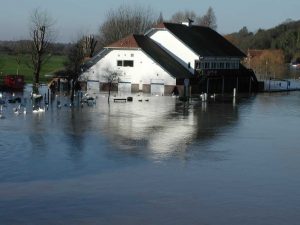
Then help climate scientists understand past rainfall variations and improve models for future flooding events?
The UK has an amazing repository of rainfall records from the last 200 years, but most of this is handwritten and not that easy to use in the current era. The Rainfall Rescue Project is seeking volunteers to transfer all these old handwritten pages of rainfall data into online spreadsheets.
It’s easy to do a few tens of records a day without getting bored to tears, but I recommend that you choose the option to transcribe local records because it is easier to read the handwritten locations if you recognise the place names!
Reading Transport Strategy Consultation
We’re planning for the future of transport in Reading and we want to know what you think.
Transport matters to all of us. It connects us with our workplaces, schools, friends and families. It affects our health, the air we breathe, and the streets where we live. It helps our economy to grow and our town to thrive, and it can make the environment around us clean and friendly or dirty and dangerous.
Future travel in Reading is about more than moving people from A to B. It must be affordable and accessible, improve people’s health and wellbeing, support a growing and inclusive economy, enable a carbon neutral future for Reading and harness the latest technology.
The strategy we develop now will shape our town’s transport network to 2036 and beyond, informing the decisions we take, the funding we secure and the changes we make.
Please click here for the survey which is open until 20th September.
Help us write the new Climate Strategy for Reading
We had a fantastic launch event on the 13th June. This opened the 6 month consultation on the 3rd Reading Climate Change Strategy.
Please do get involved: your ideas, energy and commitment are going to be really important to make a real success of this. You can take part in a number of different ways e.g. by attending meetings, commenting on proposals and encouraging others to also engage in shaping Reading’s future. To get in touch with the various themes, please find the contact details below:
- Water Supply and Flooding – water@readingcan.org.uk
- Transport and mobility – transport@readingcan.org.uk
- Health – health@readingcan.org.uk
- Natural environment and green spaces – nature@readingcan.org.uk
- Energy and Low Carbon Development – energy@readingcan.org.uk
- Purchasing, Supply and Consumption (Stuff) – resources@readingcan.org.uk
4 cross-cutting themes have also been identified:
- Education
- Adaptation (Resilience)
- Business
- Community
To get involved with these cross-cutting themes, or if you have any general questions or suggestions please contact info@readingcan.org.uk.
Each theme will have one of the action plans that are the backbone of the strategy. For more details about all of the themes, please scroll down.
Water Supply and Flooding:
The current strategic priorities are:
- to manage supply of and demand for water
- to provide guidance about safe reuse of water
- to reduce the expected impact of water shortages on consumers and on wildlife
- to reduce the risk of flooding, pollution, and potential damage to homes
- to develop an adaptation plan for Reading so we can plan for extreme events associated with the changing climate.
Key questions in meeting these aims are:
- What will prevent us from getting the water we need?
- How can we engage in practical water efficiency messages, calling people to help build a water efficient town, using and reusing water sustainably?
- How can we measure the real impacts of flooding, not only as events, but also the damaging effects to the local economy and the domestic, community, and business lives, and not to forget to the sustainability of the town?
We can then use this to draw together an outline plan for the Town of Reading.
To find out more and get involved email: water@readingcan.org.uk
Transport and mobility:
Transport has a key role to play in tackling climate change. Solutions to the transport and mobility question can also improving air quality and promoting health and wellbeing, whilst enabling economic growth and housing delivery. In addition to the Climate Change Strategy, the Council are in the process of updating the transport strategy for Reading, prioritising the provision of sustainable transport to encourage the use of public transport, walking and cycling as an attractive alternative to the private car.
Key questions in meeting these aims are:
- What is it about our way of life that encourages private vehicle ownership and non-low carbon transport infrastructure?
- What kind of alternatives can we imagine and how might we influence or bring about these changes?
- What technologies and solutions can help reduce the dependency on fossil fuel based transport systems whilst continuing to service our economy and communities?
To find out more and get involved email: transport@readingcan.org.uk
Health:
Climate change and associated air pollution is worsening physical and mental health and negatively affecting food production.
One of the key questions for this theme is:
- In what ways might emphasising climate change as a personal and public health issue in Reading encourage people to participate in steps to curb climate change?
To find out more and get involved email: health@readingcan.org.uk
Natural Environment and Green spaces:
The new local plan requires identification and enhancement of wildlife corridors through the town, connecting the existing green spaces and ensuring that new development contributes rather than detracts from these aims. Private gardens and business sites could be part of the solution. Green spaces need enhancement for nature conservation, management of water flows and droughts, assisting in reducing air pollution and urban heating and improving well-being.
One of the key questions for this theme is:
- What are the changes needed and how do we get the community to participate?
To find out more and get involved email: nature@readingcan.org.uk
Energy and Low Carbon Development:
Maybe one of the most challenging topics that is on the forefront of the Climate Change issue. We all need to find a way to reduce our energy consumption and use renewable energy for the energy we do use. This is closely linked to carbon emissions and solutions to both problems tend to go hand in hand.
Key questions in meeting these aims are:
- How can we bring about a reduction in energy demand?
- What renewable energy technologies will be best for Reading and how can these be encouraged and installed?
- How can buildings reduce energy consumption and are there alternative ways of heating and cooling buildings?
To find out more and get involved email: energy@readingcan.org.uk
Purchasing, Supply and Consumption:
In short: stuff. Every choice we make about what to buy and consume has consequences. Our society has come to rely on a make-use-dispose model of consumption that assumes resources are infinite – both the raw materials and the energy used to manufacture goods. We have come to expect to be able to buy out of season and non-indigenous foods regardless of the water, materials and energy used to grow, package and transport them. In a zero-carbon future, we will need better ways to harness and conserve resources to deliver the quality of life we desire without leaving an unwelcome legacy for future generations.
One of the key questions for this theme is:
- How are we able to consume less or in a much more considerate way?
To find out more and get involved email: resources@readingcan.org.uk
Cross-cutting themes:
The cross-cutting themes are common across the strategy. They do not have action plans themselves but they are useful lens to look across the 6 main themes. As we launch the strategy, we have identified 4 cross-cutting themes. This number could grow through time.
- Education – this theme covers the interaction with schools, colleges and other educational establishments, as well as a general sharing of our “learning about climate change” so we can all make better informed decisions.
- Adaptation (Resilience) – this theme captures the need to “Get Reading Ready” for the changes that we expect to happen with the changing climate. Weather patterns are already shifting, and the risks associated with extreme events are increasing. We must prepare for this, and our First Reading Adaptation Plan will help to guide our initial steps.
- Business – the business community has a very important role in helping us to deliver our strategy, as well as ensuring that each individual business is switched-on to the twin challenges of getting ready for climate change and cutting our carbon footprint to zero by 2030.
- Community – the community of Reading is diverse and complex, with varying levels of engagement and capacity when it comes to climate change. We need to grow the Reading Climate Action Network (ReadingCAN) to make sure we get through to everyone who lives, works and visits this town. We need to help people to make good choices and pick up an optimistic vision of the future for Reading.
To find out more and get involved email: info@readingcan.org.uk
Is your cat addicted to whiskas? new recycling scheme in place
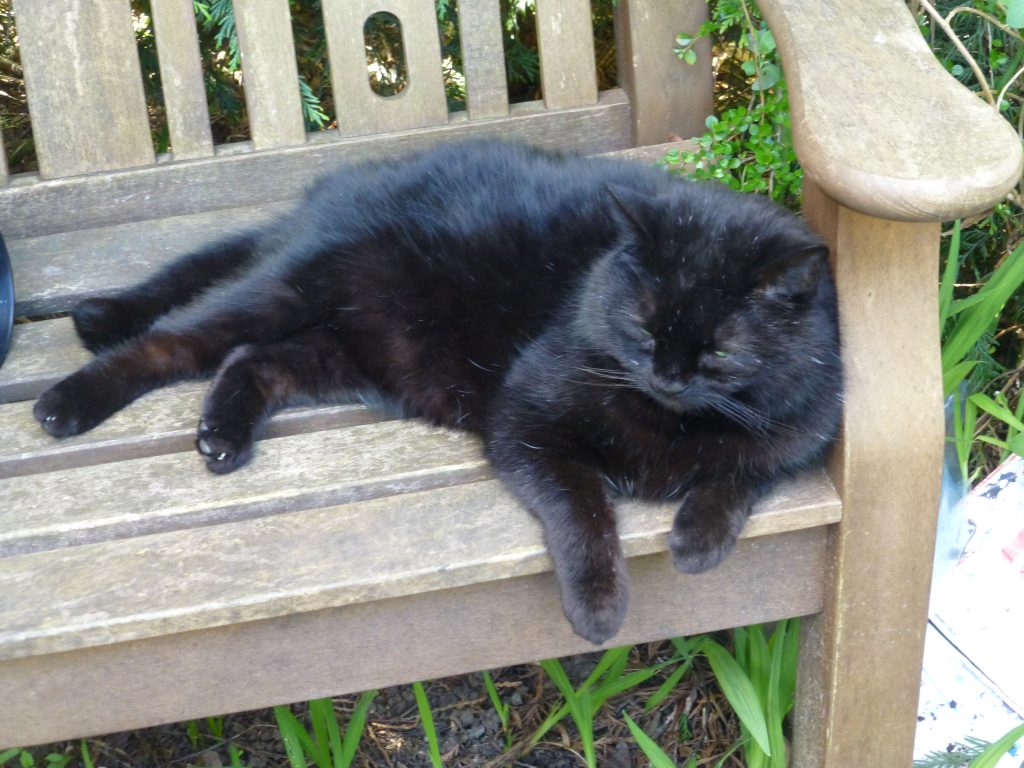
Whiskas is the leading partner in a new European pet food container recycling programme to collect the plastic packaging that is not recycled through door to door collection systems. The system works through teracycle https://www.whiskas.co.uk/terracycle , an organisation that recycles a whole load of post consumer packaging from Pringles containers to Colgate tooth products and walkers crisp packets. Probably more pet food manufacturers will join the scheme in the future.
Climate Emergency for Reading (update)
Brilliant news! Reading Borough Council unanimously voted to declare a Climate Emergency for Reading on Tuesday 26 February 2019.
See the broadcast of the Council meeting here: link to Webcast of RBC meeting.
- Note that the petition is presented by 12yr old Skye and an Extinction rebellion campaigner at 10 mins in. It is great to see the passion and interest from our community here.
- The main item is at ~1hr 45 mins in.
- It was also reported in the Reading Chronicle (27 Feb)
- You can view the declaration here…
This is obviously a huge commitment for the town, with the demand for Zero Carbon by 2030…only 10 years away!
We will need everyone’s help to make this happen: public sector, businesses, national government, and all of us as individuals. We’re starting development of our third Reading Climate Change Strategy (2020-2025) so please do get involved and help us: come along to our Launch Event (13 June). There is a lot to do but together we can make it happen!
Wishing you well.
Chris Beales, RCCP Chair
Original post (8 Feb)
A very exciting news story for Reading: the council are looking to commit us to deliver Zero Carbon Reading by 2030. See the article in the Reading Chronicle (here).
We will update this post with more information over the next few days. There is obviously an enormous amount to do to make this happen…but it has to happen if we want any hope of limiting climate change to 1.5degC!
Over the next few months we will be starting our consultation on the next Reading Climate Change Strategy. This is an opportunity for everybody to get involved and help us get Reading ready for the challenges ahead.
Another Tawny Owl Survey requiring help (from your armchair)

Can you spare 20 minutes a week during this Winter? The new Tawny Owl garden survey starting in October is asking people to listen out for tawny owls calling in the evening. no need to go out in the cold: surveying from a warm armchair with a glass of hot toddy in the hand is just fine. More details on the BTO website.
28 Sept – Reading Town Meal
Come and join us at the Reading Town Meal on Saturday 29th September. We are going to use this as an opportunity to launch our new website and the revised Reading Climate Change strategy.
Please do come and find us on one of the stalls. You can find out more about our aims for the next couple of years, and find out how you can get involved.
and there’s still time to sign up and help with this year’s meal. Can you provide some excess vegetables from your garden? help to collect equipment and supplies? help on the day? see the main town meal website for more options and to sign up

